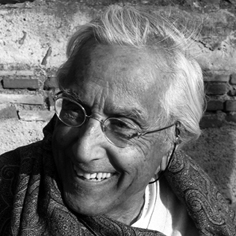The influence of Raimon Panikkar on Bede Griffiths and Henri Le Saux was quite profound as Panikkar was of Indian decent and was also a Roman Catholic priest. This influence was foundational in the East-West dialogue that strengthened the return of meditation to the Christian tradition. These teachings led to a significant shift in the thinking of not only Charles Brandt but also those he corresponded with such as Lawrence Freeman, John Main, Thomas Keating and Pascaline Coff.
Raimon Panikkar was a Spanish Roman Catholic priest, theologian, and philosopher who sought to bridge Eastern and Western spiritual traditions. He explored themes such as interfaith dialogue, mysticism, and the relationship between science and spirituality. Here are some of his most important teachings:
- Interfaith dialogue: Panikkar believed in the importance of interfaith dialogue, where people from different religions come together and engage in meaningful conversations. He argued that such dialogues promote mutual respect, understanding, and tolerance.
- The relationship between science and spirituality: Panikkar believed that science and spirituality were not mutually exclusive, but rather complementary. He argued that both were necessary for a comprehensive understanding of reality and that a true integration of the two could lead to a more holistic worldview.
- Mysticism: Panikkar placed great emphasis on the importance of mysticism, or the direct experience of the divine. He believed that mysticism was not limited to any particular religion or tradition but could be found in all of them.
- The interconnectedness of all things: Panikkar believed in the interconnectedness of all things, including humans, nature, and the divine. He argued that we must understand our place in the larger scheme of things and live in harmony with the world around us.
- The importance of spiritual practice: Panikkar believed that spiritual practice was essential for cultivating a deeper understanding of the divine. He argued that meditation, prayer, and other forms of spiritual practice could help individuals connect with the divine and find inner peace.
Overall, Panikkar’s teachings emphasized the importance of openness, respect, and understanding in our relationships with others and the world around us.
